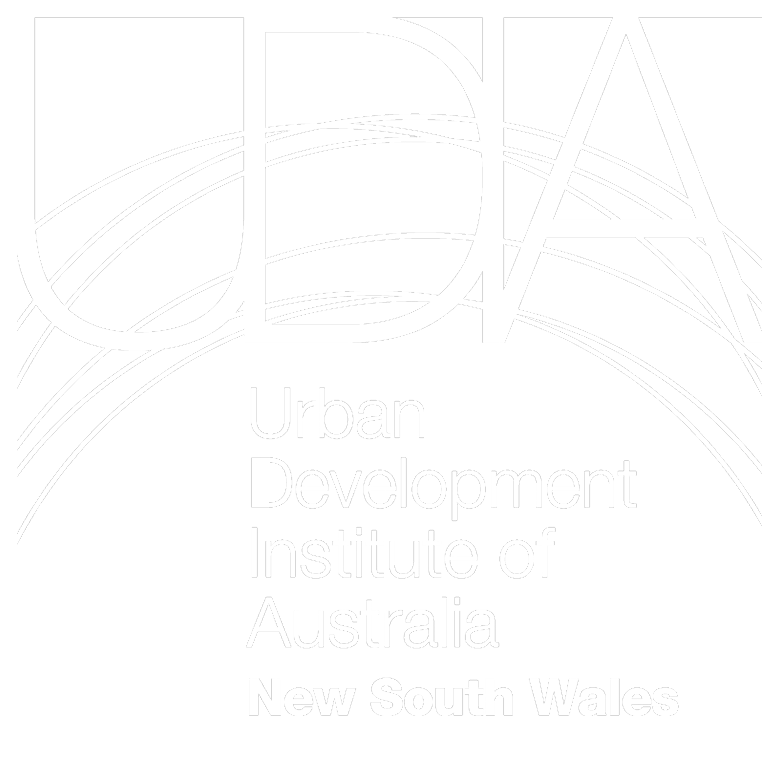Urban Development Institute of Australia NSW welcomes the announcement by the Premier of a new pattern book of endorsed housing designs to encourage and fast-track low-rise and medium-rise housing in Sydney.
We also welcome the announcement of centralised development assessment league tables to track how long the state and local governments are taking to assess development applications.
“Our planning system is the worst preforming in the country and the Premier should be commended for shining a light on the progress that Councils and the NSW Government is making when it comes to our goal of increasing housing supply and cutting red tape,” said Steve Mann, CEO UDIA NSW.
UDIA is also encouraged by the Premier’s commitment to deliver more low and medium rise housing to help us work towards our Housing Accord Target of 378,000 new homes over five years. Boosting the supply of this type of housing provides greater choice and opportunity for home purchasers, while complementing the existing urban fabric.
“At the same time, as our research confirms, high rise apartment completions will need to more than triple from current levels with detached housing increasing by over 20 percent, to deliver the NSW Housing Accord targets and to get us out of the housing crisis. We are pleased that the Premier remains committed to deliver new high density living in areas close to transport hubs and we look forward to seeing more details on this policy soon,” said Mr Mann.
This is not the first time a pattern book has been used in NSW with a similar competition run when the low-rise housing diversity code was first introduced. Unfortunately, the exemplar designs chosen through that process failed to deliver an increased output of low-rise developments. This was because NSW is not flat and our suburbs aren’t built on predictable grid patterns, meaning standardised designs only work in limited locations. Second, standardised designs struggle to account for variation in lot sizes, shapes and configurations, challenging topography and opposition from vocal minorities.
“A pattern book is a great tool in our arsenal to boost housing supply but we must avoid repeating past mistakes and ensure it is flexible and delivers homes in as many locations as possible.
UDIA looks forward to working with the Government architect to ensure the final designs consider current economic conditions and financial feasibility and don’t get bogged down by the raft of restrictive planning controls, standards and guidelines which currently constrain many well-designed medium density housing outcomes.
“For this pattern book to work we need to see increased flexibility in local controls in particular around height and floor space ratios. Against a backdrop of skyrocketing land prices and overheated construction costs, we may need to rethink whether medium-rise development should be expanded to buildings up to 8 storeys, as our initial analysis shows it may be unviable to build 4-6 storey apartments in many parts of Sydney,” said Steve Mann.
UDIA has long advocated for an expansion for the complying development controls to medium density developments of 6-8 stories and it is great to see today’s commitment to a faster and more consistent approvals process for projects using the pattern book.
“We strongly encourage the Government to adopt a complying development approval pathway as part of its pattern book policy to get these projects moving and homes built quickly.”
“We also welcome the Premier’s announcement that high-rise developments in well-located places supported by transport infrastructure will be able to engage a designer from a list pre-approved by the NSW Government Architect, bypassing the current requirement to run a design competition. This is a pragmatic and sensible improvement to the NSW system, which maintains good design outcomes while reducing assessment timeframes. We encourage Government to look for more opportunities to speed up the NSW planning system, allowing development outcomes, including housing, to be realised quicker and with fewer delays and at lower cost,” said Steve Mann.
–ends–
Media Enquiries:
Deanna Lane 0416 295 898 or dlane@udiansw.com.au

